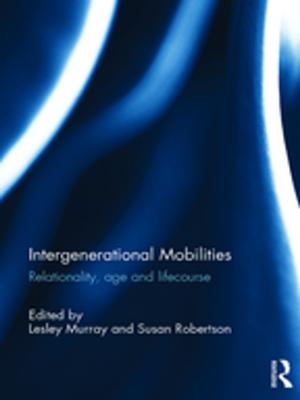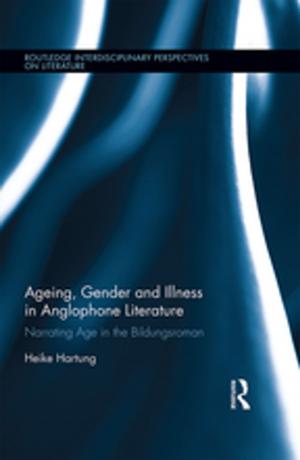| Author: | ISBN: | 9781351669238 | |
| Publisher: | Taylor and Francis | Publication: | January 4, 2019 |
| Imprint: | Routledge | Language: | English |
| Author: | |
| ISBN: | 9781351669238 |
| Publisher: | Taylor and Francis |
| Publication: | January 4, 2019 |
| Imprint: | Routledge |
| Language: | English |
This comprehensive Handbook serves as a unique synthesis and resource for understanding how analytical frameworks developed within the literature assist in understanding the nature and management of commons resources. Such frameworks include those related to Institutional Analysis and Development, Social-Ecological Systems, and Polycentricity, among others. The book aggregates and analyses these frameworks to lay a foundation for exploring how they apply according to scholars across a wide range of disciplines. It includes an exploration of the unique problems arising in different disciplines of commons study, including natural resources (forests, oceans, water, energy, ecosystems, etc), economics, law, governance, the humanities, and intellectual property. It shows how the analytical frameworks discussed early in the book facilitate interdisciplinarity within commons scholarship. This interdisciplinary approach within the context of analytical frameworks helps facilitate a more complete understanding of the similarities and differences faced by commons resource users and managers, the usefulness of the commons lens as an analytical tool for studying resource management problems, and the best mechanisms by which to formulate policies aimed at addressing such problems.
Chapter 26 of this book is freely available as a downloadable Open Access PDF under a Creative Commons Attribution-Non Commercial-No Derivatives 3.0 license. https://s3-us-west-2.amazonaws.com/tandfbis/rt-files/docs/Open+Access+Chapters/9781138060906_oachapter26.pdf
This comprehensive Handbook serves as a unique synthesis and resource for understanding how analytical frameworks developed within the literature assist in understanding the nature and management of commons resources. Such frameworks include those related to Institutional Analysis and Development, Social-Ecological Systems, and Polycentricity, among others. The book aggregates and analyses these frameworks to lay a foundation for exploring how they apply according to scholars across a wide range of disciplines. It includes an exploration of the unique problems arising in different disciplines of commons study, including natural resources (forests, oceans, water, energy, ecosystems, etc), economics, law, governance, the humanities, and intellectual property. It shows how the analytical frameworks discussed early in the book facilitate interdisciplinarity within commons scholarship. This interdisciplinary approach within the context of analytical frameworks helps facilitate a more complete understanding of the similarities and differences faced by commons resource users and managers, the usefulness of the commons lens as an analytical tool for studying resource management problems, and the best mechanisms by which to formulate policies aimed at addressing such problems.
Chapter 26 of this book is freely available as a downloadable Open Access PDF under a Creative Commons Attribution-Non Commercial-No Derivatives 3.0 license. https://s3-us-west-2.amazonaws.com/tandfbis/rt-files/docs/Open+Access+Chapters/9781138060906_oachapter26.pdf















